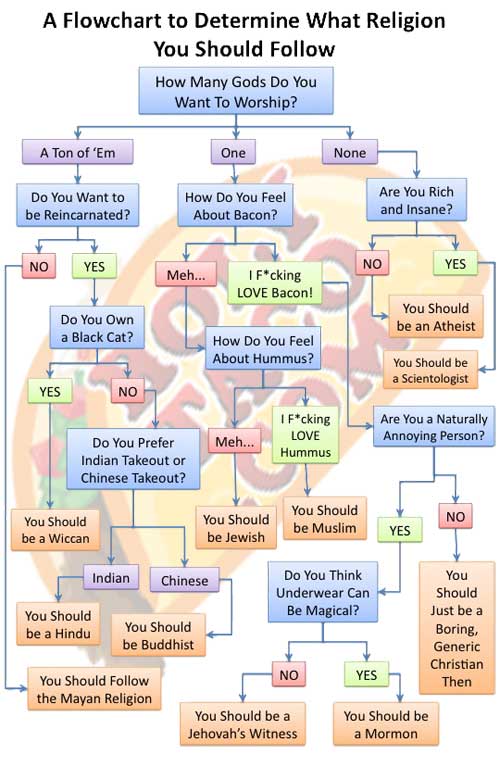
I thought this was too good not to share. Enjoy:
via.
The Kaleidoscopic collision of the colors of my faith, life, culture, and Christ.
•Even though they love the environmental aspects of the screen, they might break out into a bit of a cold sweat when they see it in the sanctuary.
•They might bring their Bibles to church. Do not be alarmed when you see the book. Try not to stare. And don’t worry. They will figure out quickly that they’re not supposed to bring it.
•Their personal Bible in their pew does give them a little comfort because they can’t immediately tell the difference between hymnal, prayer book, and Bible in the pew. They will pick up the wrong one. At least until they figure out that no one else really follows along with the readings, because they are the only ones who know how to look them up.
•If they’re particularly moved by a solo, they will clap following it. Once. Until they figure out that it’s not okay. Then they will die a little bit inside.
•They never missed a Sunday at church growing up, but they don’t know the Apostle’s Creed. They are the ones mumbling “watermelon” when the rest of the congregation is proudly articulating every word.
•They might say “Amen” after the pastor says it. It’s just a reflex. And don’t laugh at them if they use “just” in their prayers. At least they know how to pray in public.
•They are the people who would rather leave their right arm than leave their email address.
•They may not have been going to church for the last ten years, because they were afraid that they couldn’t afford it.
•If they happen into a denominational church during Stewardship Sunday, they may never come back. Only because, in their mind, asking for money is what church is about every Sunday.
•If they hear how much your church is involved with helping the homeless and poor, then they will start to breathe. And they might be able to leave something in the offering.
•If you mention that your church supports LGBTs, then the muscles in their neck will loosen. They will be utterly confused, but very relieved.
•They are confused by communion. They might not have even ever participated in communion before.
•If someone tries to hug during the passing of the peace, they will have finely-developed defense mechanisms in order to shield themselves from the Holy Spirit chest crunch.
•If the pastor learns their name after a couple of weeks, they just might faint dead away.
•If the church has a discussion about having a “contemporary” worship service in order to reach out to more people, they will assume that you’re trying to get their parents to come to your church.
10. A man’s place is in the army.
9. For men who have children, their duties might distract them from the responsibilities of being a parent.
8. Their physical build indicates that men are more suited to tasks such as chopping down trees and wrestling mountain lions. It would be “unnatural” for them to do other forms of work.
7. Man was created before woman. It is therefore obvious that man was a prototype. Thus, they represent an experiment, rather than the crowning achievement of creation.
6. Men are too emotional to be priests or pastors. This is easily demonstrated by their conduct at football games and watching basketball tournaments.
5. Some men are handsome; they will distract women worshipers.
4. To be ordained pastor is to nurture the congregation. But this is not a traditional male role. Rather, throughout history, women have been considered to be not only more skilled than men at nurturing, but also more frequently attracted to it. This makes them the obvious choice for ordination.
3. Men are overly prone to violence. No really manly man wants to settle disputes by any means other than by fighting about it. Thus, they would be poor role models, as well as being dangerously unstable in positions of leadership.
2. Men can still be involved in church activities, even without being ordained. They can sweep paths, repair the church roof, change the oil in the church vans, and maybe even lead the singing on Father’s Day. By confining themselves to such traditional male roles, they can still be vitally important in the life of the Church.
1. In the New Testament account, the person who betrayed Jesus was a man. Thus, his lack of faith and ensuing punishment stands as a symbol of the subordinated position that all men should take.


